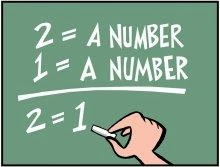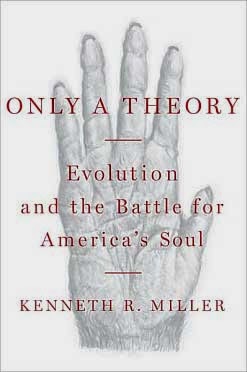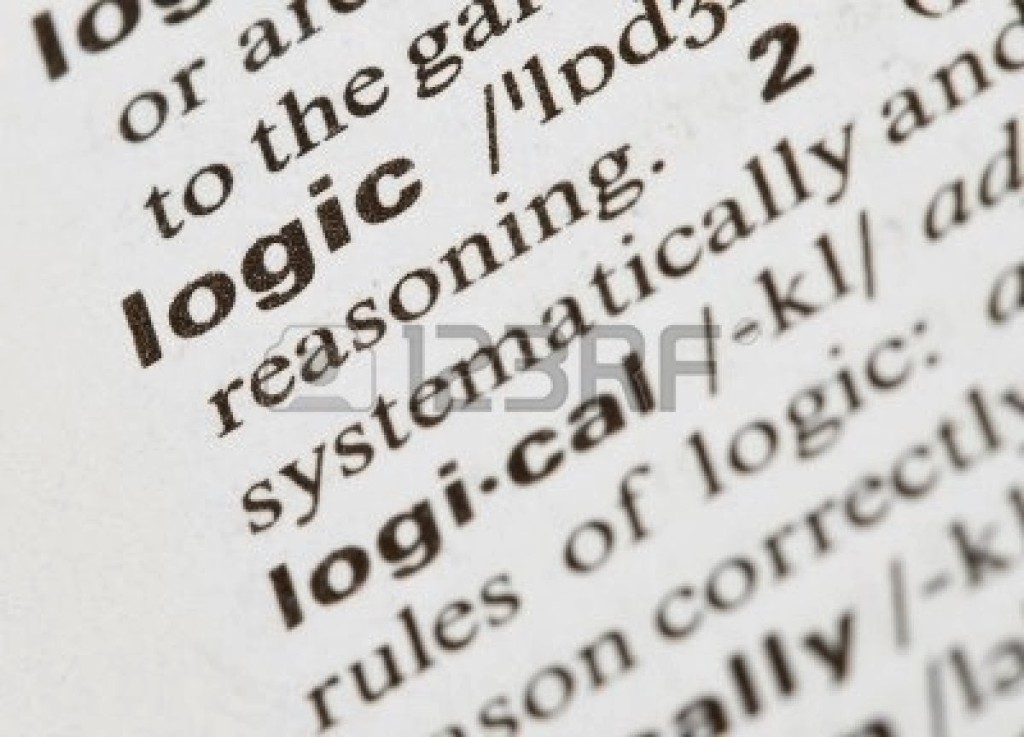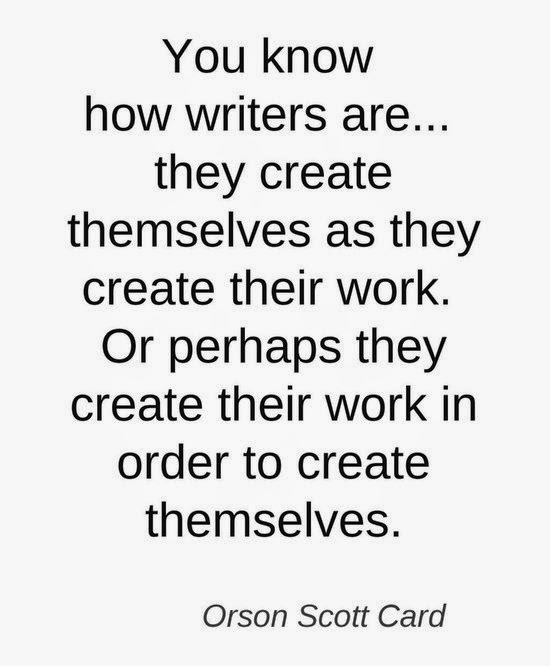
Kenneth Miller’s Only a Theory and Writing with Logic
The Power of Logic as a Tool for Writers
 This month we are discussing authors that
This month we are discussing authors thathave had an influence on us. I think for many of us there is a writer or two
who has inspired our perspective on our writing and the writing of others, and
it is well worth while to share these experiences with other writers.
When I
was finishing up my Masters at the University of Guelph in Ontario, Canada my
advisor gave me a book to read that forever changed my life. Okay… that might be a little dramatic, but
it isn’t too dramatic to say that this book, more than any other book I have
ever read, changed the way I view the world and writing. The book is “Only a Theory” by Kenneth Miller and seems like a great topic for the first post this
month.
 In
Inhis book, Miller contrasts the theory of evolution with the somewhat popular
concept of intelligent design. For those of you who don’t know, intelligent
design states that it is a theory in which a divine being “intelligently
designed” species and that there is proof in things such as our DNA (genetic
material that gives us our characteristics). Prior to reading this book, I had
no interest in the topic of evolution, intelligent design, or creation. It was
never something I cared to think about or research (despite one of my best
friends doing an entire degree in it). So, how could a book with such a mismatch
to my area of interest possibly keep my attention let alone influence my
perspectives?
 I
Idon’t know about you, but I tend to be pretty stubborn about my preferences.
Once I get my mind set that I care or don’t care about something, it’s pretty
much stuck like that. What Miller manages to do in his book is to craft the most
beautiful logic I have ever read. His writing was educated but not above the
layperson, firm but not condescending, and entertaining but never losing
credibility.
Miller takes us on a journey through the key postulates that form
the intelligent design theory and holds them accountable to the standards
science has put in place for a theory being trusted and credible; the same ones
that the scientific theory has been held to (and achieved).
beauty of his writing is really in his objective approach. Points are presented
matter-of-factly in an inviting tone while never once passing subjective
judgement. This is true logical art.
aside from finding myself completely intellectually aroused by the beauty of his
logic, I learned a lot about style and what it takes to bring complicated
concepts to people without much background in an area. My own blog, TheVoiceNotes, was born out of a desire to bring concepts of the human voice to
people who were interested and may or may not have the background
knowledge. It is a skill that I am still
attempting to master, but I feel like I am one step closer to making a
difference because of Miller’s unintentional challenge to craft logic in an
inviting and exciting way.

You
may be sitting there reading this thinking, well… I write fiction so I’m not
going to be writing about a theory anytime soon. But good fiction also uses
logic. Another one of my favourite authors (who will likely be getting a
mention on this blog soon *hint, hint*) uses logic in the context of fiction to
craft the most intricate and exciting plots.
We have all read that book that
challenges us as we read it, and then we get to the end and things start to fall
into place. All the “clues” come together. Those are the components of logical
thought that are finally becoming a cohesive unit. I know at least for me, I
get a rush and instantly feel accomplished because I can draw the logical
connection to an unexpected conclusion.
a gift we can give to our readers and to ourselves. As a writer, it is rewarding
to construct such a beautiful piece of logical art as much as it is to read it.
So I would recommend that book to anyone looking to be challenged and inspired
by logic. You won’t regret it. I know I certainly don’t.
You May Also Like

How A Writer Grows.
September 3, 2008
Happy Writing.
January 23, 2011


